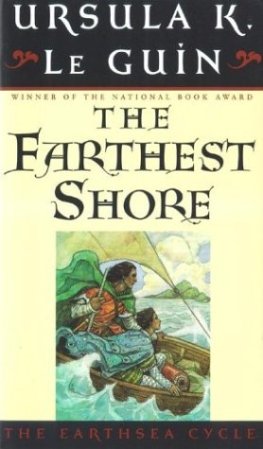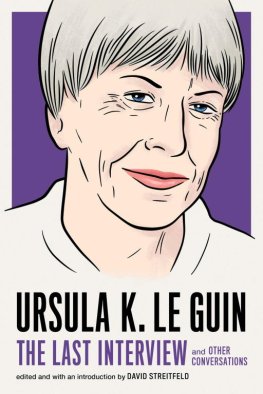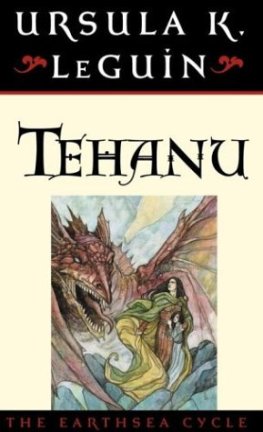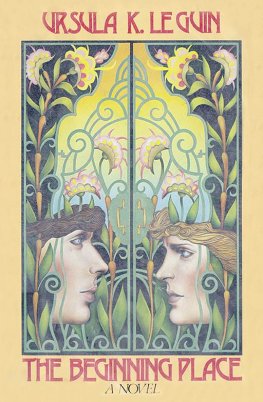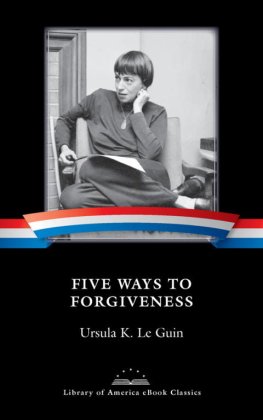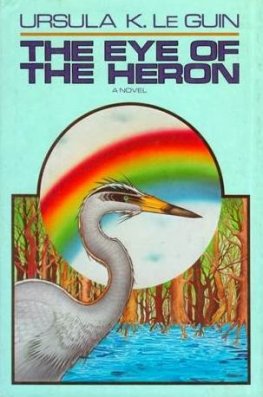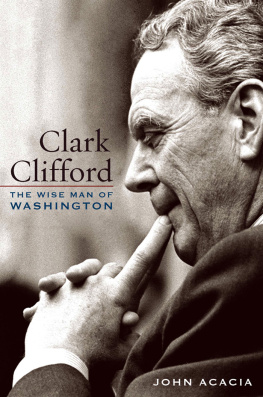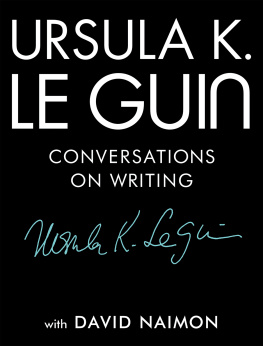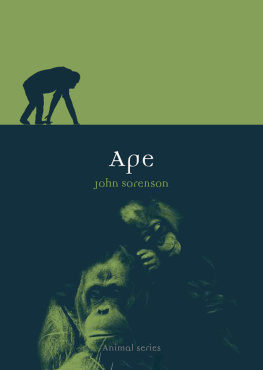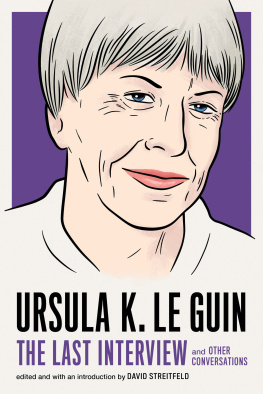"The Author of the Acacia Seeds"
and Other Extracts from the Journal of the Association of Therolinguistics
MS. FOUND IN AN ANT-HILL
The messages were found written in touch-gland exudation on degerminated acacia seeds laid in rows at the end of a narrow, erratic tunnel leading off from one of the deeper levels of the colony. It was the orderly arrangement of the seeds that first drew the investigator's attention. The messages are fragmentary, and the translation approximate and highly interpretative; but the text seems worthy of interest if only for its striking lack of resemblance to any other Ant texts known to us.
SEEDS 1-13
[I will] not touch feelers. [I will] not stroke. [I will] spend on dry seeds [my] soul's sweetness. It may be found when [I am] dead. Touch this dry wood! [I] call! [I am] here!
Alternatively, this passage maybe read:
[Do] not touch feelers. [Do] not stroke. Spend on dry seeds [your] soul's sweetness. [Others] may find it when [you are] dead. Touch this dry wood! Call: [I am] here!
No known dialect of Ant employs any verbal person except the third person singular and plural, and the first person plural. In this text, only the root-forms of the verbs are used; so there is no way to decide whether the passage was intended to be an autobiography or a manifesto.
SEEDS 14-22
Long are the tunnels. Longer is the untunneled. No tunnel reaches the end of the untunneled. The untunneled goes on farther than we can go in ten days [ie., forever]. Praise!
The mark translated "Praise!" is half of the customary! salutation "Praise the Queen!" or "Longlive the Queen!" or! "Huzza for the Queen!"but the word/mark signifying} "Queen" has been omitted.
SEEDS 23-29
As the ant among foreign-enemy ants is killed, so the ant without ants dies, but being without ants is as sweet as honeydew.
An ant intruding in a colony not its own is usually killed. Isolated from other ants it invariably dies within a day or so. The difficulty in this passage is the word/mark "without ants," which we take to mean "alone"a concept for which no word/mark exists in Ant
SEEDS 30-31
Eat the eggs! Up with the Queen!
There has already been considerable dispute over the interpretation of the phrase on Seed 31. It is an important question, since all the preceding seeds can be fully understood only in the light cast by this ultimate exhortation. Dr. Rosbone ingeniously argues that the author, a wingless neuter-female worker, yearns hopelessly to be a winged male, and to found a new colony, flying upward in the nuptial flight with a new Queen. Though the text certainly permits such a reading our conviction is that nothing in the text supports itleast of all the text of the immediately preceding seed, 30: "Eat the eggs!" This reading though shocking is beyond disputation.
We venture to suggest that the confusion over Seed 31 may result from an ethnocentric interpretation of the word "up." To us, "up" is a "good" direction. Not so, or not necessarily so, to an ant "Up" is where the food comes from, to be sure; but "down" is where security, peace, and home are to be found. "Up" is the scorching sun; the freezing night; no shelter in the beloved tunnels; exile; death. Therefore we suggest that this strange author, in the solitude of her lonely tunnel, sought with what means she had to express the ultimate blasphemy conceivable to an ant, and that the correct reading of Seeds 30-31, in human terms is:
Eat the eggs! Down with the Queen!
The desicated body of a small worker was found beside Seed 31 when the manuscript was discovered. The head had been severed from the thorax, probably by the jaws of a soldier of the colony. The seeds, carefully arranged in a pattern resembling a musical stave, had not been disturbed. (Ants of the soldier caste are illiterate; thus the soldier was presumably not interested in the collection of useless seeds from which the edible germs had been removed.) No living ants were left in the colony, which was destroyed in a war with a neighboring ant-hill at some time subsequent to the death of the Author of the Acadia Seeds.
G. D'Arbay, T.R Bardol
ANNOUNCEMENT OF AN EXPEDITION
The extreme difficulty of reading Penguin has been very much lessened by the use of the underwater motion picture camera. On film it is at least possible to repeat, and to slow down, the fluid sequences of the script, to the point where, by constant repetition and patient study, many elements of this most elegant and lively literature maybe grasped, though the nuances, and perhaps the essence, must forever elude us.
It was Professor Duby who, by pointing out the remote affiliation of the script with Low Graylag made possible the first, tentative glossary of Penguin. The analogies with Dolphin which had been employed up to that time never proved very useful, and were often quite misleading.
Indeed it seemed strange that a script written almost entirely in wings, neck, and air, should prove the key to the poetry of short-necked, flipper-winged water-writers. But we should not have found it so strange if we had kept in mind the fact that penguins are, despite all evidence to the contrary, birds.
Because their script resembles Dolphin in form, we should never have assumed that it must resemble Dolphin in content. And indeed it does not There is, of course, the same extraordinary wit and the flashes of crazy humor, the inventiveness, and the inimitable grace. In all the thousands of literatures of the Fish stock, only a few show any humor at all, and that usually of a rather simple, primitive sort; and the superb gracefulness of Shark or Tarpon is utterly different from the joyous vigor of all Cetacean scripts. The joy, the vigor, and the humor are all shared by Penguin authors; and, indeed, by many of the finer Seal auteurs. The temperature of the blood is a bond. But the construction of the brain, and of the womb, makes a barrier! Dolphins do not lay eggs. A world of difference lies in mat simple fact
Only when Professor Duby reminded us that penguins are birds, that they do not swim but fly in water, only then could the therolinguist begin to approach the sea-literature of the penguin with understanding only then could the miles of recordings already on film be re-studied and, finally, appreciated.
But the difficulty of translation is still with us.
A satisfying degree of progress has already been made in Adelie. The difficulties of recording a group kinetic performance in a stormy ocean as thick as pea-soup with plankton at a temperature of 31F are considerable; but the perseverance of the Ross Ice Barrier Literary Circle has been fully rewarded with such passages as "Under the Iceberg" from the Autumn Songa passage now world famous in the rendition of Anna Serebryakova of the Leningrad Ballet. No verbal rendering can approach the felicity of Miss Serebryakova's version. For, quite simply, there is no way to reproduce in writing the all-important multiplicity of the original text, so beautifully rendered by the full chorus of the Leningrad Ballet company. Indeed, what we call "translations" from the Adelieor from any group kinetic textare, to put it bluntly, mere noteslibretto without the opera. The ballet version is the true translation. Nothing in words can be complete.
I therefore suggest, though the suggestion may well be greeted with frowns of anger or with hoots of laughter, that for the therolinguistas opposed to the artist and the amateurthe kinetic sea-writings of Penguin are the least promising field of study: and, further, that Adelie, for all its charm and relative simplicity, is a less promising field of study than is Emperor.
Emperor!I anticipate my colleagues' response to this suggestion. Emperor! The most difficult, the most remote, of all the dialects of Penguin! The language of which Professor Duby himself remarked, "The literature of the emperor penguin is as forbidding as inaccessible, as the frozen heart of Anartica itself. Its beauties may be unearthly, but they are not for us."


